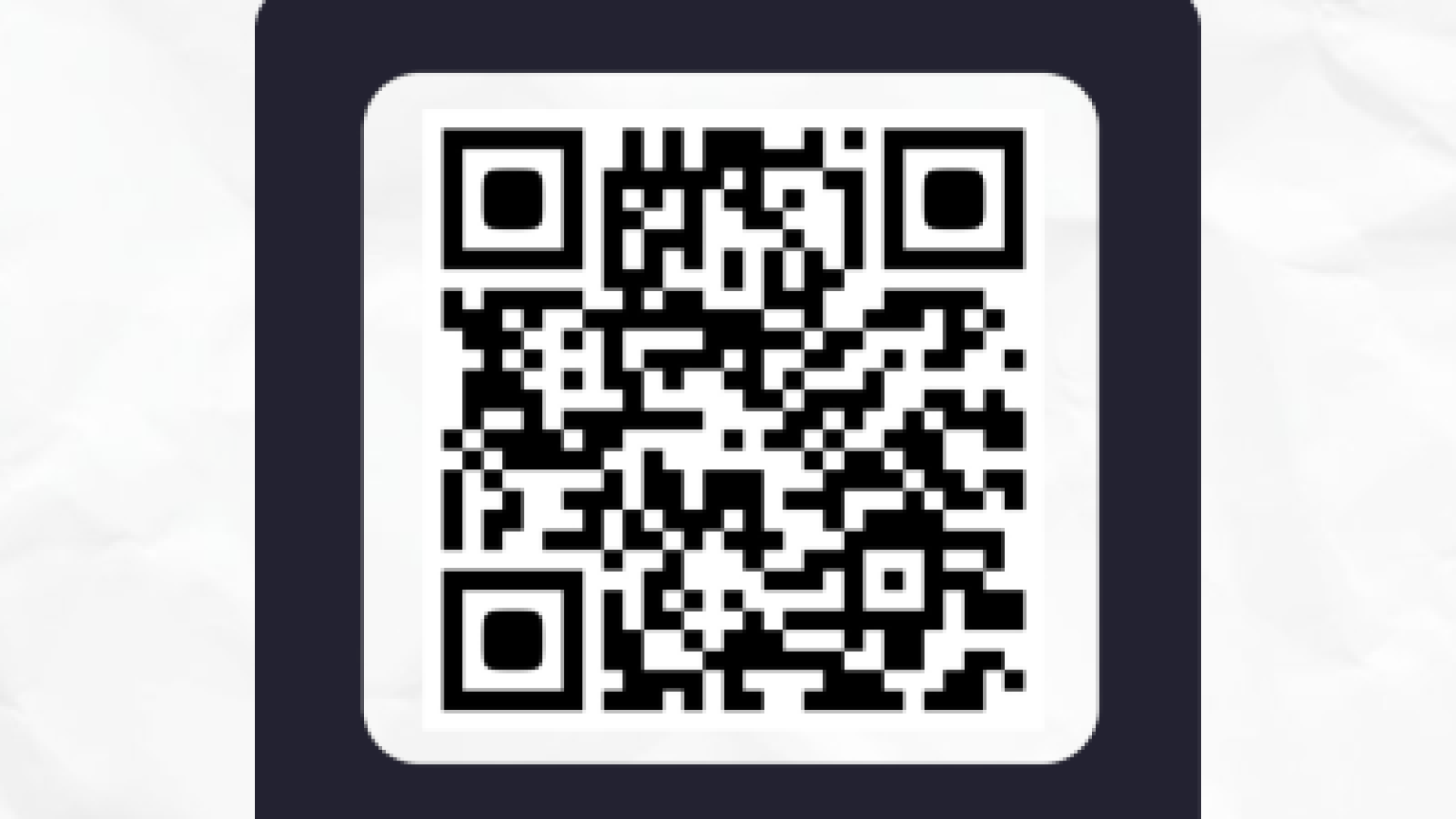Quezon City, Philippines – In a world where children’s lives are increasingly lived online, a new study by Terre des Hommes Netherlands peels back the digital curtain to reveal the quiet suffering of many Filipino girls and LGBTI children. Titled Rainbows in the Dark: Filipino Girls and LGBTI Children in the Fight to End Online S*xual Abuse and Exploitation of Children (OSAEC), the study brings to light deeply personal stories of fear, silence, and resilience.
The research, conducted in Bohol, Cebu, and Taguig, gathered insights from over 1,800 children, parents, teachers, and community members. What emerged is a picture of courage shadowed by risk where girls and LGBTI children face heightened exposure to online threats but often feel they must navigate these dangers alone.
One trans teen from Cebu shared, “I stopped posting photos of myself. Every time I did, I got cruel messages. It felt safer to disappear.” Stories like theirs are at the heart of this study.
While many children are aware of where to report abuse, the report shows that fear, shame, and judgment especially for children whose gender expression or s*xual identity does not conform to the norm too often stop them from seeking help.
“For many Filipino girls and LGBTI children, the internet is both a lifeline and a landmine,” said Anna Abelinde, Philippine Country Director of Terre des Hommes Netherlands. “This study urges us to reimagine child protection with an inclusive lens, one that not only listens but truly sees and affirms who these children are.”
The study highlights three major challenges:
- Exclusion in Protection – Many children feel invisible or misjudged by the very systems designed to protect them.
- Barriers to Help-Seeking – Fear of being shamed, blamed, or outed keeps children from reporting abuse.
- Digital Disempowerment – Children are left to figure out digital life on their own, without safe, affirming guidance from adults.
In response, Terre des Hommes Netherlands is calling on government leaders, educators, parents, and civil society to act:
- Embrace gender-affirming, inclusive practices in child protection and online safety programs;
- Create and support platforms where children can speak, lead, and shape policy;
- Equip parents, teachers, and responders with compassionate, practical tools to prevent and address harm.
Through its ongoing #LetChildrenBeChildren campaign, the organization has also released parenting guides and interactive materials that help families talk openly and safely about online experiences, gender identity, and personal boundaries.
The study’s launch coincides with Our Voices, Our Pride, Our Safety, a youth-led dialogue in Quezon City, where young people are meeting face-to-face with decision-makers to share their insights and push for change.
To read the full study or access child-friendly versions and parenting tools, visit: https://int.terredeshommes.nl/news/%f0%9f%8c%88-rainbows-in-the-dark-when-the-internet-isnt-safe-and-the-system-isnt-ready




